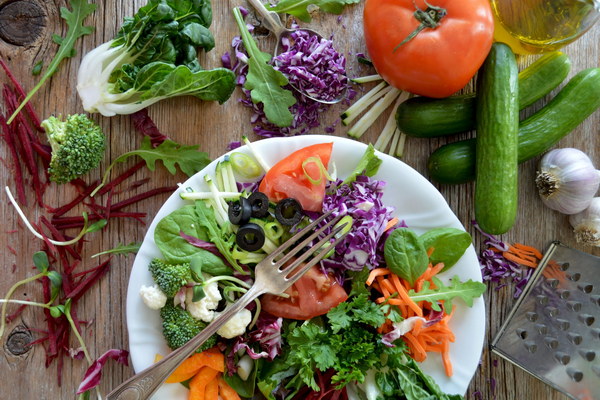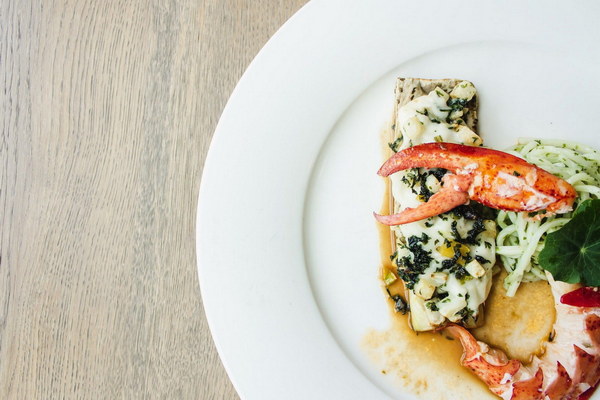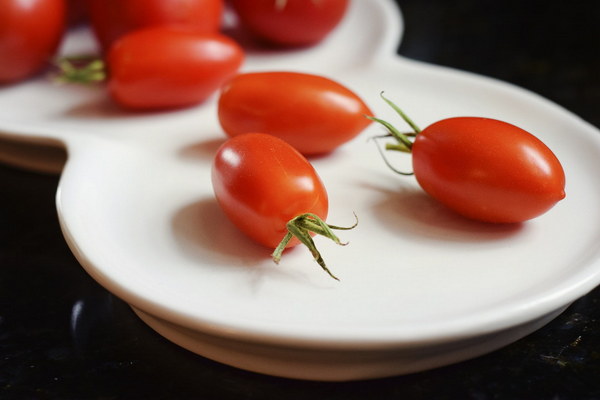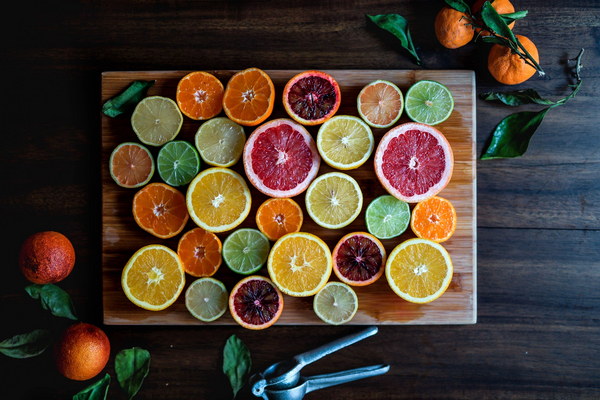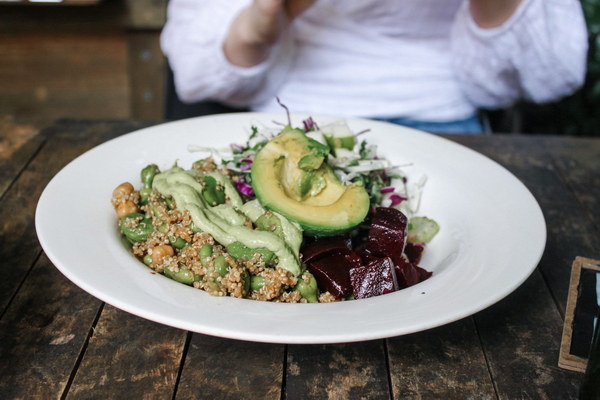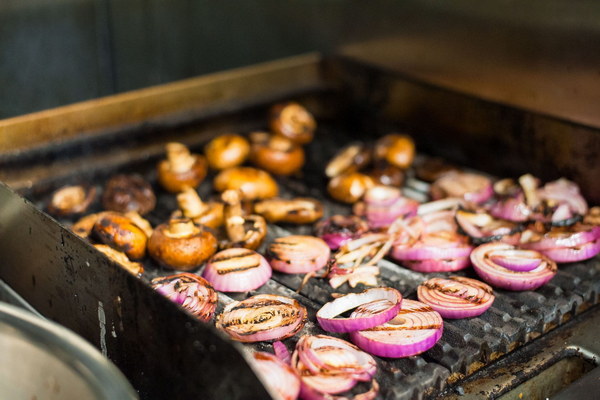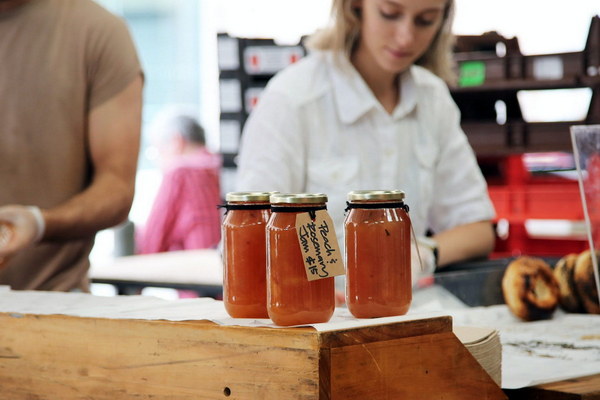Unlock the Power of Foods A Comprehensive Guide to Nutritional Healing
In today's fast-paced world, maintaining a healthy body is more challenging than ever. However, one of the most effective ways to achieve this is by incorporating the right foods into your diet. Foods have the power to nourish our bodies, boost our immune systems, and even prevent chronic diseases. In this comprehensive guide, we will explore the various food groups and their unique benefits to help you achieve a balanced and healthy lifestyle.
1. Fruits and Vegetables: The Foundation of Nutritional Healing
Fruits and vegetables are packed with essential vitamins, minerals, and antioxidants that can help protect your body from diseases. Incorporate a variety of colorful fruits and vegetables into your diet to ensure you're getting a wide range of nutrients. Here are some specific foods to consider:
- Berries: Rich in antioxidants, berries can help reduce inflammation and improve brain function.
- Leafy greens: Spinach, kale, and Swiss chard are excellent sources of iron, calcium, and vitamins A, C, and K.
- Cruciferous vegetables: Broccoli, cauliflower, and cabbage contain compounds that may help reduce the risk of cancer.
2. Whole Grains: Fueling Your Body and Mind
Whole grains are a great source of fiber, vitamins, and minerals. They can help improve digestion, control blood sugar levels, and reduce the risk of heart disease. Some whole grains to include in your diet are:
- Quinoa: A complete protein that also provides iron, magnesium, and B vitamins.
- Brown rice: Rich in fiber, magnesium, and B vitamins.
- Oats: Contain beta-glucans, a type of fiber that can lower cholesterol levels.
3. Lean Proteins: Building and Repairing Your Body
Proteins are essential for building and repairing tissues, producing enzymes, and supporting immune function. Choose lean protein sources to keep your heart healthy and reduce the risk of chronic diseases:
- Chicken breast: A lean source of protein with minimal fat.
- Tofu: Made from soybeans, tofu is a great plant-based protein source.
- Fish: Fatty fish like salmon, mackerel, and sardines are rich in omega-3 fatty acids, which can help reduce inflammation.
4. Healthy Fats: The Good Fats You Need
Not all fats are created equal. Healthy fats, such as monounsaturated and polyunsaturated fats, can help reduce the risk of heart disease, improve brain function, and support overall health. Some sources of healthy fats include:
- Avocados: Contain monounsaturated fats, fiber, and antioxidants.
- Nuts and seeds: Almonds, walnuts, chia seeds, and flaxseeds are rich in omega-3 fatty acids and antioxidants.
- Olive oil: A staple in the Mediterranean diet, olive oil is a healthy source of monounsaturated fats.
5. Herbs and Spices: Enhancing Flavor and Boosting Health
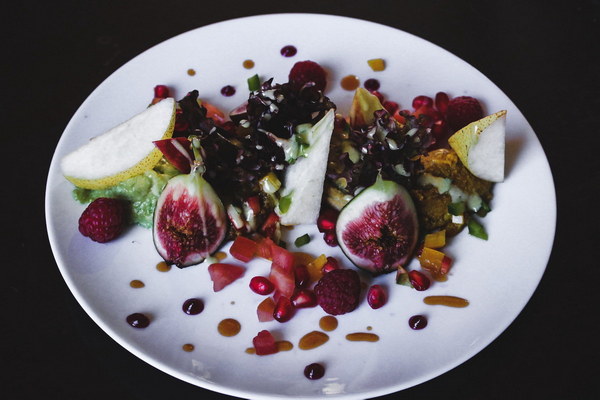
Herbs and spices not only add flavor to your meals but also offer numerous health benefits. Some examples include:
- Turmeric: Known for its anti-inflammatory properties, turmeric can help reduce the risk of chronic diseases.
- Garlic: A powerful immune system booster, garlic may also help lower blood pressure and cholesterol levels.
- Ginger: Known for its anti-inflammatory properties, ginger can help reduce nausea and improve digestion.
By incorporating these foods into your diet, you can create a balanced and nutritious meal plan that promotes overall health and well-being. Remember, the key to a successful nutritional healing journey is consistency and variety. Consult with a healthcare professional or a registered dietitian to tailor your dietary needs to your specific health goals.
